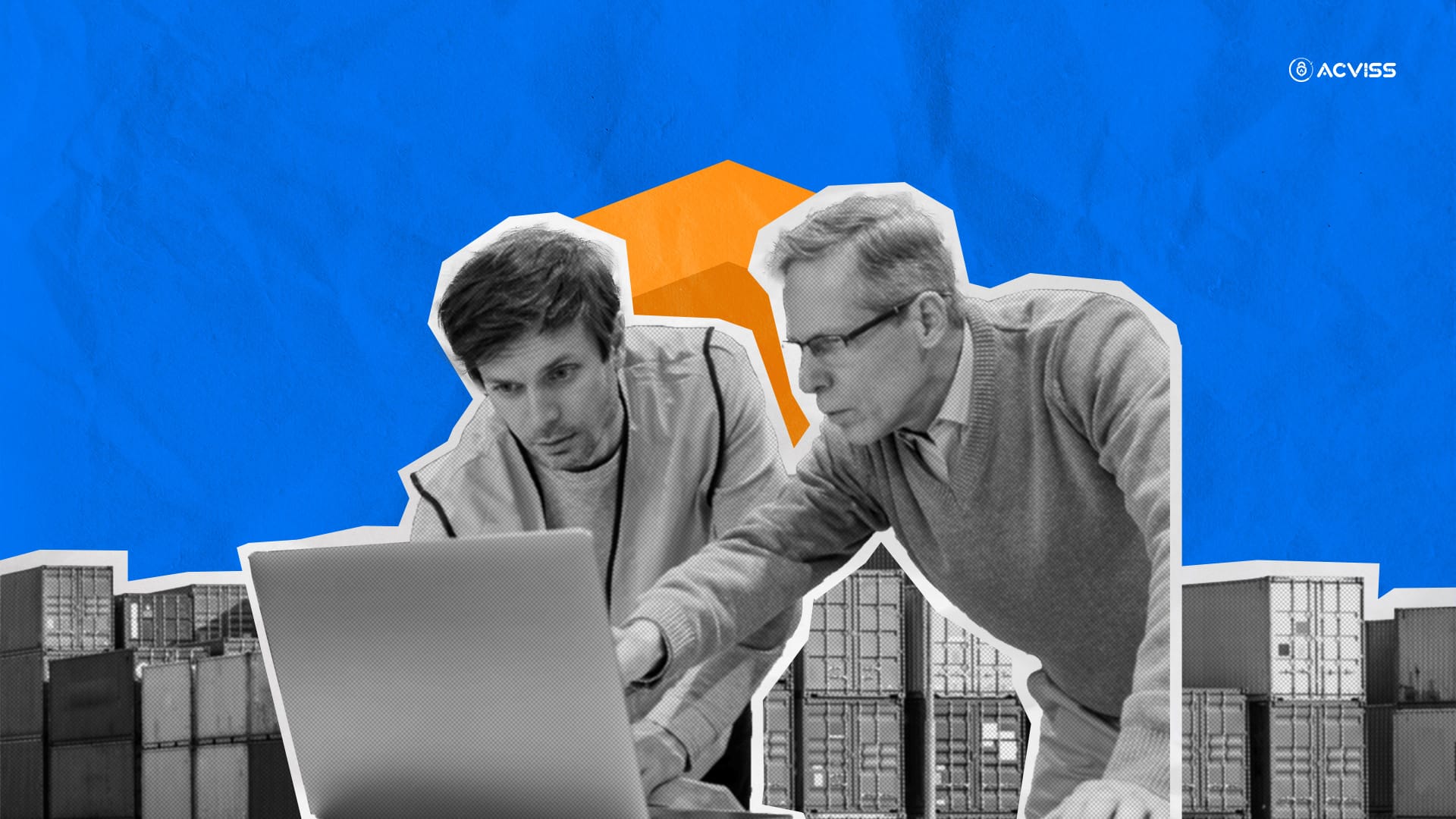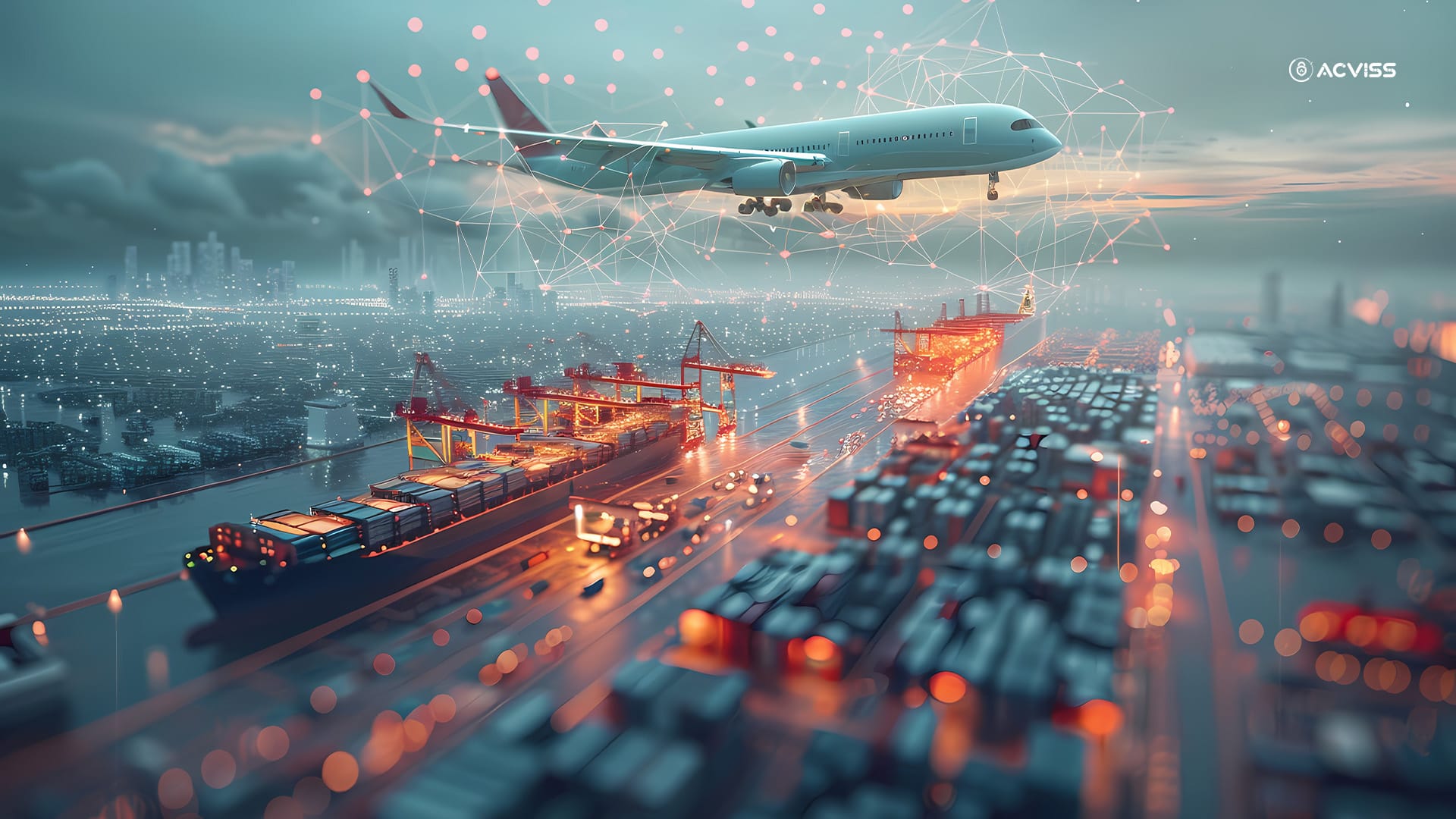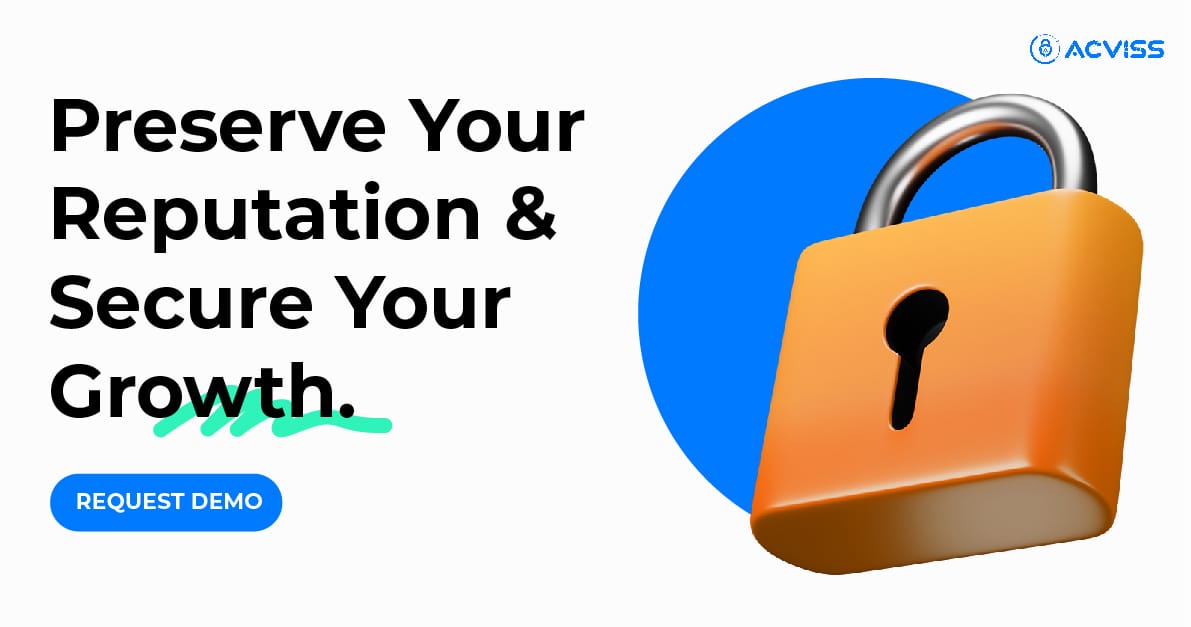The Role of Logistics and Delivery Partners in Supply Chain Trust

Trust isn’t just a buzzword in the supply chain; it’s the currency on which the entire ecosystem runs. From the moment a product leaves the manufacturer’s facility to when it reaches the hands of the consumer, every touchpoint represents a moment of truth. Amid digital disruptions, regulatory tightening, and the rising threat of counterfeits, logistics and delivery partners have emerged as the frontline guardians of this trust.
Today, let’s dive deep into the crucial role that logistics and delivery partners play in building a transparent, reliable, and fraud-resilient supply chain.
Who Are the Supply Chain Partners?
Supply chain partners are the interconnected entities that work together to deliver a product or service to the end customer. These include:
- Manufacturers, who create the product
- Suppliers, who provide raw materials
- Logistics partners, who handle the storage, transport, and distribution
- Retailers and distributors who sell to consumers or intermediaries
- Technology enablers, like Acviss, provide trust infrastructure
- Customers who provide feedback and complete the loop
Logistics partners are specialised service providers responsible for managing the movement, storage, and flow of goods. Their responsibilities include:
- Warehousing
- Transportation (freight, shipping, air, road)
- Inventory management
- Order fulfilment and last-mile delivery
In essence, logistics partners are the operational backbone of supply chains. But their role is evolving from simply moving goods to validating their authenticity and ensuring traceability.
The Fragile Nature of Trust in Modern Supply Chains

Trust Is the New Compliance
It’s 2025, and customers don’t just want fast deliveries; they want authentic, safe, and traceable products. For brands, this means that supply chain visibility is no longer optional. A single breach of trust, be it through counterfeit products, delayed deliveries, or unverifiable sourcing, can erode years of brand equity in moments.
This is particularly true in sensitive sectors like pharmaceuticals, electronics, and food, where the integrity of logistics is directly tied to consumer safety. According to a report by McKinsey, 76% of consumers are more likely to trust a brand that provides full transparency into its supply chain. Trust, then, is not just a sentiment; it’s a business imperative.
Logistics: The Gatekeepers of Integrity
Logistics and delivery partners are no longer mere facilitators; they are trust brokers. Their role transcends movement; they are the custodians of everything a brand promises to its consumers: quality, authenticity, compliance, and timeliness.
1. Ensuring Last-Mile Authenticity
Last-mile delivery is often where the most damage occurs, either due to mishandling, misrouting, or worse, substitution with counterfeit goods. Delivery partners who are equipped with authentication tools, such as non-cloneable labels or verifiable tags, act as sentinels against tampering. This allows real-time verification of the product’s authenticity before it’s handed to the end user, closing the loop on counterfeit infiltration at the last mile.
2. Tracking Movement with Transparency

One of the largest sources of mistrust in the supply chain is the “black box” of transportation. Where did the product go? Was it stored under the right conditions? Did it change hands more times than recorded?
Modern supply chain systems, powered by track and trace technologies, allow every movement of the product to be recorded immutably using blockchain. Every checkpoint is logged, creating a real-time trail that’s accessible to both brands and consumers. This transparency reduces disputes, increases compliance, and builds long-term customer loyalty.
3. Guarding Against Tampering and Theft
High-value and sensitive goods are often targets of theft or tampering during transit. Tamper-evident packaging alone isn’t enough in a world of sophisticated fraud networks. What logistics partners need are digital-first anti-counterfeiting mechanisms.
Integrating with AI-enabled threat detection tools enables logistics teams to get proactive alerts if counterfeit versions of a shipment surface online or if anomalies are detected in the delivery trail. This shifts the strategy from reactive damage control to proactive fraud prevention.
Delivery as a Brand Touchpoint
It’s easy to overlook, but the delivery agent is often the only human face of a brand that a consumer interacts with. In this way, delivery partners serve as brand ambassadors, especially in D2C and e-commerce models.
1. Empowering Delivery with Verification Tools
Delivery partners armed with smart apps that integrate brand authentication and warranty checks, like Acviss’s Assist, can do more than just drop off a package. They can help the customer verify authenticity, register warranties, and even receive loyalty rewards, turning delivery from a transactional moment into a value-added brand experience.
2. Customer Interaction as Feedback Loop
Every delivery is also an opportunity to gather real-time consumer insights. Are customers satisfied with the condition of the product? Did the authentication scan work seamlessly? Were there any delays?
By linking delivery apps with Acviss Bonus, brands can reward customers for successful verification and feedback, converting them into active participants in brand protection. Logistics then becomes not just a route of movement but a channel of engagement.
The Rising Importance of Compliance

With regulatory frameworks like the EU DPP (Digital Product Passport), US DSCSA (Drug Supply Chain Security Act), and India’s Legal Metrology Act evolving rapidly, compliance is becoming inseparable from logistics.
Logistics Partners as Compliance Enablers
Modern logistics must do more than move goods; they must record, report, and retain data in a compliant way. Blockchain-backed traceability, digital labelling, and serialisation help logistics players align with global mandates. Tools like Acviss Origin integrate seamlessly into existing ERP and logistics systems, ensuring compliance isn’t a burden, but a built-in feature.
Top 10 Logistics Companies Leading the Trust Transformation
As logistics becomes increasingly digitised and trust-focused, several global giants are setting the benchmark for innovation and integrity:
- DHL Supply Chain & Global Forwarding: Known for its global reach and deep specialisation in contract logistics and international freight forwarding, DHL is also investing in blockchain-backed traceability systems.
- Kuehne + Nagel: A leader in sea and air freight, K+N focuses on digital solutions to improve visibility and reduce carbon emissions across complex supply networks.
- DB Schenker: Offers integrated logistics solutions with a strong focus on automation and sustainability, serving a wide range of industries.
- DSV: A global transport and logistics company that leverages scalable digital platforms to support high-volume global operations.
- FedEx Logistics: Combines global express shipping with value-added supply chain services, placing emphasis on secure and timely last-mile delivery.
- Blue Dart Express: A subsidiary of DHL, Blue Dart is a leading domestic courier and express logistics provider across India.
- Delhivery: India’s largest fully-integrated logistics platform, known for its end-to-end shipping and freight solutions backed by AI and data.
- TCI Express: A prominent Indian player specialising in B2B express logistics with a vast surface transport network.
- Mahindra Logistics: Known for its customised, tech-driven logistics solutions with a strong focus on the auto and e-commerce sectors.
- Shadowfax: A fast-growing last-mile delivery partner specialising in hyperlocal and same-day deliveries.
Building a Resilient, Trust-First Future

Trust in the supply chain doesn’t emerge overnight; it’s built over time, touchpoint by touchpoint, from sourcing to doorstep. And at the heart of this trust are the unseen hands of logistics professionals, delivery agents, warehouse managers, and fraud analysts. When empowered with the right tools and mindset, they become not just enablers of delivery but architects of authenticity.
Acviss understands that to win trust, you must design for it. That’s why our suite of brand protection solutions, from blockchain-powered track and trace to AI-led counterfeit detection, integrates deeply with logistics ecosystems. It’s not just about moving goods. It’s about moving with integrity.
Key Takeaways
- Trust is the backbone of modern supply chains, and logistics partners are its strongest link.
- Technologies like track and trace, digital authentication, and AI-based fraud detection empower logistics teams to fight counterfeiting and ensure delivery integrity.
- Acviss solutions, including Origin, are designed to make logistics partners active players in brand protection and compliance.
- Delivery is not the end of the supply chain; it’s the beginning of a relationship. Make it count.
Final Thoughts
As the supply chain evolves, the traditional boundaries between logistics, customer experience, and brand protection are dissolving. In this new landscape, logistics and delivery partners are not just operational assets; they are strategic trust-builders. Brands that recognise and empower this role will not only secure their supply chains but also win the loyalty of a trust-starved consumer base.
To learn how Acviss can help your logistics ecosystem become a pillar of trust and compliance, get in touch with our team or explore our full suite of anti-counterfeiting and traceability solutions.
